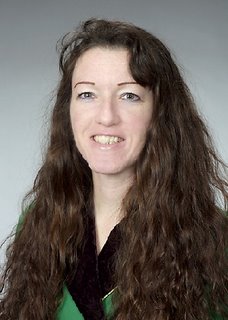Twenty-five years ago today, I woke up at Grandma Svatek's house in Reedsville, Wisconsin, population 900. It was a beautiful sunny Friday, the last day of 6th grade. I walked a block to school, got my report card (the only quarter that year I received all A's), gave Julie Sheehy and Paula Karls piggyback rides, and said goodbye to my friends. Except for a few I visited again 24 years later at the annual Fireman's Picnic last June, I haven't seen those friends since. Later that day I took the second airplane trip I had ever been on and landed in Phoenix at 5:00 pm in 94 degree heat. I was no longer a farm girl.
(Anyone who thinks that living on a farm is sweet and beautiful has never been to a farm. The reality is not only lack of diverse opportunities or education, but broken noses, lost appendages, permanent paralysis, or death from typical farm labor.)
Not that everything was all peaches and cream once I got to Phoenix. Out of the girls that went to Catholic grade school with me that were not killed by gunfire, about one fourth became pregnant or dropped out before high school graduation. Things started looking up after freshman year of Catholic high school when most of the druggies, 51 of the 150-student class, didn't come back sophomore year. The cop posing as a student got rid of the rest of them, and the dealers, sophomore year.
But the real effect of that move 25 years ago was the full 4-year scholarship to (public) Arizona State for graduating in the top 5% at an Arizona high school. Which meant I had saved enough money to pay for living in the dorms, a place where people who were doing something with their lives lived.
Although I had to work harder because I didn't have as rigorous of an academic background as my classmates from public schools in the suburbs had, I made sure I did everything possible to keep my grades high enough to avoid losing my scholarship. That was extremely difficult. I had no time to think about anything besides getting as much homework done as possible. I often thought I wouldn't be able to make deadlines, but turned in whatever I had the day it was due.
And by going through that harrowing experience successfully, I finally knew that if I worked hard enough and focused my time on what was important, my life would be OK. Three engineering degrees, 12 years of marriage, and one move across the U.S. later, I'd have to say everything turned out better than OK.

